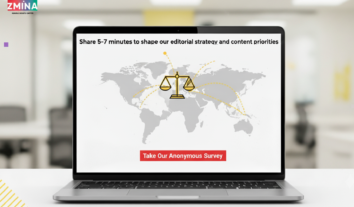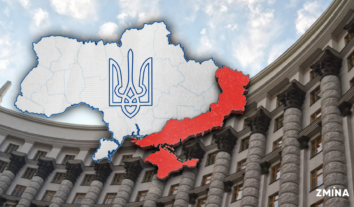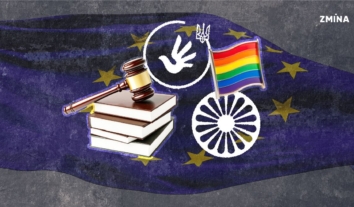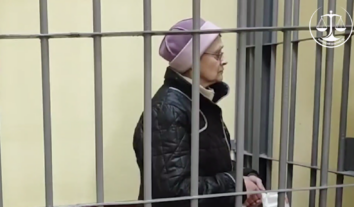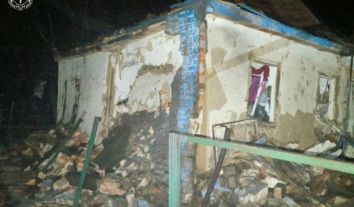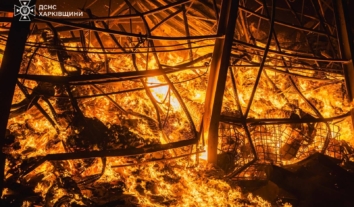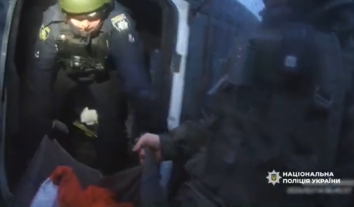Top five key events of 2015 in Ukraine
The Human Rights Information Center reporters recalled the outgoing year and identified top five key human rights events.
Unfortunately, there have been not so many such events, but, in our opinion, they are still worth mentioning.
5th place – passing the “anti-discrimination amendment” to the Labour Code of Ukraine.
November 10, the Parliament of Ukraine finally managed to pass the amendment to the Labour Code to prohibit employment discrimination, in particular, on the grounds of race, religion, gender, or sexual orientation.
The adoption was preceded by several unsuccessful attempts and the many day-long protests against employment discrimination outside the Parliament.
Now the MPs have to adopt the amendments to the relevant laws to create an effective mechanism for challenging discrimination in the courts.
4th place – launch of the Interior Ministry reform

The reform of the Interior Ministry of Ukraine was one of the demands of the Revolution of Dignity, which is now being implemented with the active support of the Georgian reformers, the experts from the EU, Canada and Japan.
Having adopted the Law on the National Police, Ukraine took a step towards de-politicization of the police as the institutional separation of the Interior Ministry and the police took place. The Interior Ministry will be represented by the central office in Kyiv, headed by the Minister, while the police will work as a separate body providing services.
However, the same law on the national police narrowed the rights and freedoms of Ukrainians. It was even criticized by the Directorate General Human Rights and Rule of Law of the Council of Europe.
3rd place – evidence of judge of the Court of Appeal of Cherkasy region Serhiy Bondarenko
Human Rights Information Center ranked the third the evidence of judge of the Court of Appeal of Cherkasy region Serhiy Bondarenko of interference in his work as a judge, the pressure put on him by the leadership making him deliver unlawful judgments. The judge also gave evidence of delivering unjust judgments by other judges during the Revolution of Dignity.
This judge actually became the light at the end of the tunnel meanwhile the investigations into Euromaidan events are being stonewalled and the evidence are often being destroyed. After his statements about the pressure, other judges have begun to speak.
So, for example, judge of the Shevchenkivsky District Court in Kyiv Iryna Makarenko told about the pressure on her while considering the cases against Automaidan activists. Former head of the Obolonsky District Court in Kyiv Iryna Mamontova also told about the telephone call from the Presidential Administration during the Euromaidan protests. When the senior leadership of the state noted too soft decisions in this court, the High Council of Justice dismissed Mamontova from her post on February 11.
The human rights defenders and activists call on the judges of Ukraine to testify about the crimes in the judicial system in order to clean it.
2nd place – adoption of the National Human Rights Strategy
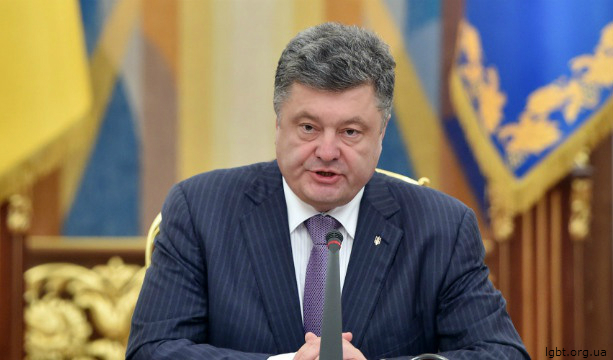
The National Human Rights Strategy, designed for the next five years, was adopted in August. This is the first document, which covers the human rights in general, recognizing them as the value and listing the clear objectives regarding the approval of various human rights.
The Strategy takes into account the challenges and realities that exist in Ukraine now. Thus, it refers to the rights of the ATO servicemen, the internally displaced persons, the victims of violence, and so on.
The Justice Ministry of Ukraine sent the action plan for implementation of the National Human Rights Strategy to the European Commission.
1st place – temporary recognition of the jurisdiction of the International Criminal Court
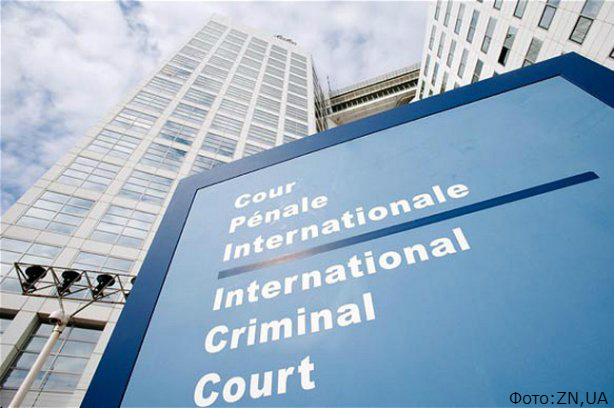
February 20, 2015, the Parliament adopted the declaration recognizing the jurisdiction of the International Criminal Court in relation to the military operations in eastern Ukraine. Now, the court in The Hague will check whether the crimes against humanity, as identified the Rome Statute, have taken place in Ukraine.
However, there are so many “buts” in the issue of the International Criminal Court.
Many people are mistaken when they think that the ICC will immediately start to investigate the international crimes taking place in Ukraine. Ukraine itself must collect and document the evidence of the Russian aggression in Ukraine and the crimes against humanity.
Today, the law enforcement bodies lack coordination between them and there is no effective system of documenting the crimes against humanity. In fact, Ukraine is repeating the mistake of Georgia, which, due to its inactivity, lost seven years for the effective investigation of the crimes committed during the Russian-Georgian war in August 2008.
The human rights activists in Ukraine believe that the non-ratification of the Rome Statute by Ukraine is a shameful event. The fact that we still have not become a full member of the International Criminal Court already has its consequences. It is known that the pro-Russian militants in eastern Ukraine demand amnesty for those who committed international crimes. If Ukraine had ratified the Rome Statute, it would have taken away the trump card from the hands of the separatists, as, according to the Rome Statute, the international crimes have no period of limitations.

